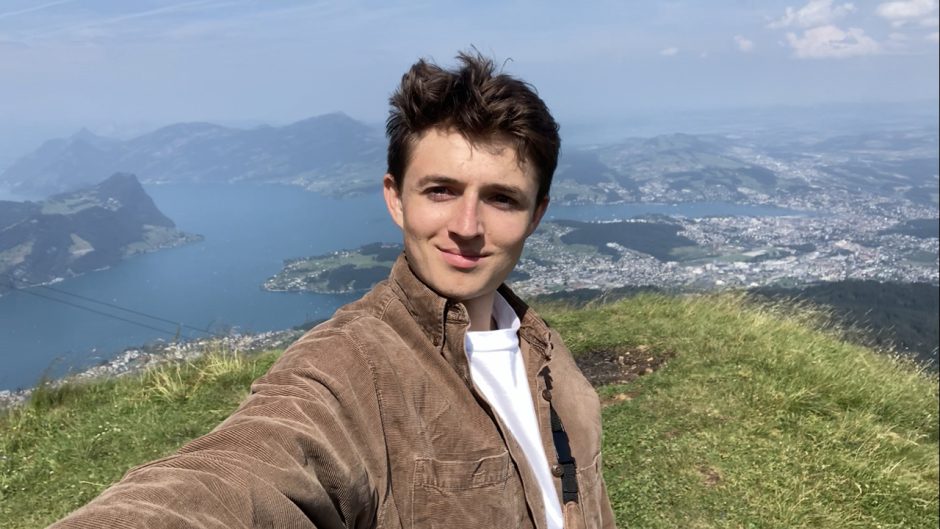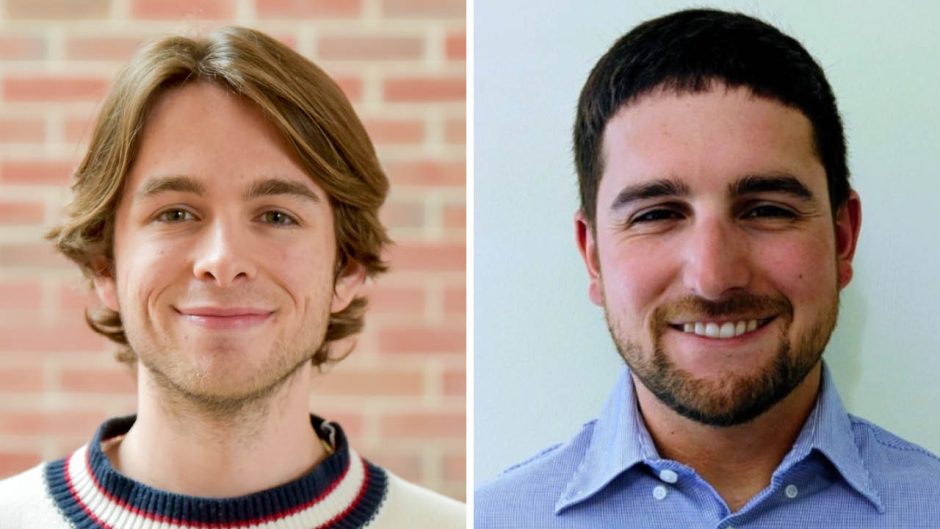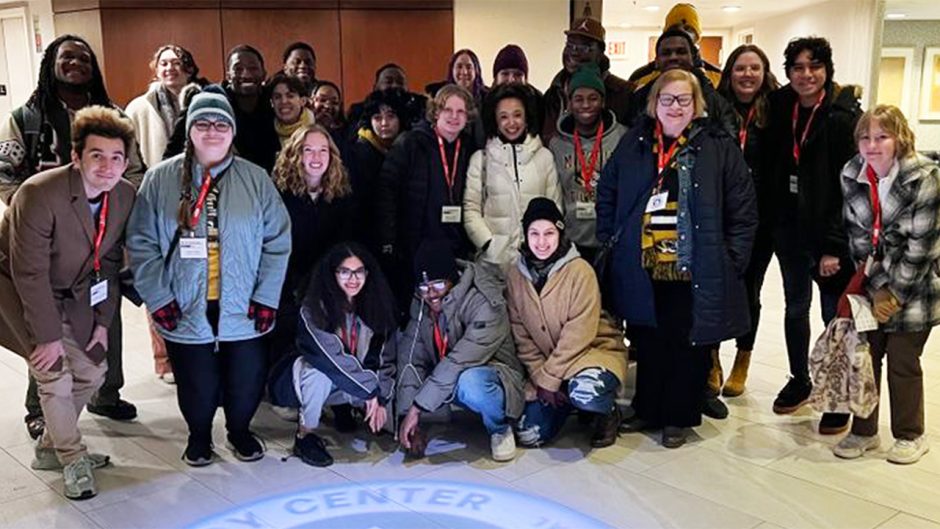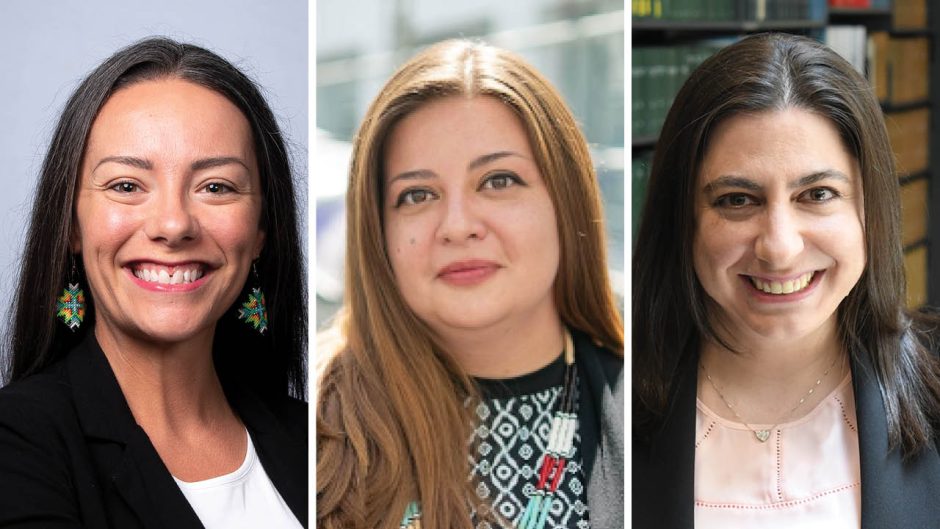
Aug. 14, 2023
Contact: Deidra Ashley, ashleyde@missouri.edu
Kameron Hahn is a junior biological sciences major and Honors College student from Lee’s Summit, Missouri. This summer, he spent three months in Germany researching colorectal cancer through the DAAD RISE Germany scholars award program.
Read on for a Q&A with Hahn about his summer research experience.
Tell us about your research.
Through my award, I was matched with Professor Andreas Hecht at the University of Freiburg’s Institute of Molecular Medicine and Cell Research.
My project was focused on the role of PDGF — a growth factor protein — in colorectal cancer cell invasion. Colorectal cancer is the third most common type of cancer worldwide, and our research helps us understand its molecular mechanisms. These findings can potentially help develop new treatments to slow the rate that cancer spreads.
What roles/responsibilities did you have in your internship?
The majority of my work required the typical things one would see in a life sciences lab: a lab coat, gloves, bench workspace, pipettes, cell culture hood, etc. Some of my daily responsibilities in the lab include culturing cells, collecting cells for protein and RNA extraction, running western blots for protein analysis, and using various applications of polymerase chain reaction — or PCR — to analyze gene expression.
When I wasn’t at a bench or in the cell culture hood, I caught up on current literature about my research topic, learned new techniques from my Ph.D. student mentor, attended seminars from other researchers on campus, and met with my principal investigator to discuss my progress.
What did you enjoy most about your project?
I enjoyed getting to know my lab members and other students in the RISE program. I met intelligent people from across the globe, and it was a valuable experience to learn about different backgrounds and cultures.
What’s the biggest lesson you learned?
The biggest thing I learned is that science truly has no borders. Scientists put their differences aside to collaborate on the world’s biggest questions. In the case of cancer research, collaboration is necessary for the betterment of public health on a global scale. This research is important to me because whether I obtain positive or negative results, I know that I will be a part of the progress made toward novel colorectal cancer treatments.
Do you have any tips or advice for other Mizzou students seeking to do summer research?
Plan ahead. These are usually very competitive programs, so find multiple programs that interest you, build strong applications and reach out to professors early about writing letters of recommendation.
For undergraduates, I also recommend looking at the Office of Undergraduate Research website and connecting with one of their student ambassadors. These amazing students will help you get involved with research and look for summer research programs.
Is there anyone you’d like to thank at Mizzou for helping you get this summer research project?
I would like to send a huge thank you to my Mizzou professors and mentors who helped make this summer research experience possible. Thank you to the Office of Undergraduate Research for bringing DAAD RISE Germany to my attention. Thank you to Dr. Laura Schulz and Jessica Milano Foster from my research lab at Mizzou for taking a chance on me freshman year and preparing me for an experience like this one. Thank you to Dr. Amanda Durbak for writing letters of recommendation for a few of my summer program applications. Finally, thank you to Dr. Thomas Phillips who also wrote multiple letters of recommendation for me including my golden ticket to spend my summer in Germany conducting cancer research.
Meet more summer 2023 student researchers



